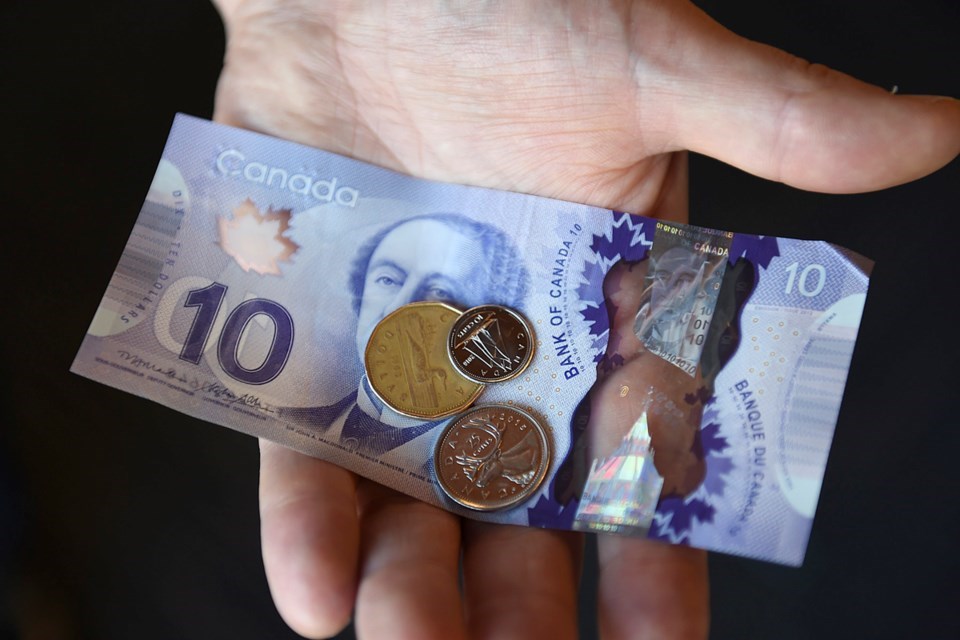There’s good news on the horizon for workers in this province earning the minimum wage.
As of June 1st, that minimum hourly rate will increase from $16.75 to $17.40 per hour.
That’s a 3.9 per cent increase, in line with the rate of inflation in 2023.
The provincial government will also, at the start of June, apply the 3.9 per cent increase to the five alternative minimum wage categories that provide distinct minimum wages for liquor servers, farm workers paid by piece rate, live-in home support workers, resident caretakers and live-in camp leaders.
On Dec. 31, the 3.9 per cent increase will be applied to piece rates for workers who pick 15 hand-harvested crops.
"B.C. has gone from having one of the lowest minimum wages in the country to the highest of all the provinces,” said Harry Bains, B.C.’s Minister of Labour, in a prepared release.
“We made a commitment to tie minimum-wage increases to the rate of inflation to prevent B.C.'s lowest-paid workers from falling behind. And today, we are enshrining that commitment into law.”
Aside from agricultural minimum wage increases, which will be applied Dec. 31, most other wage increases will be applied on June 1. The later date is to ensure crop producers will not have to adjust wages in the middle of the growing season.
For future years, the law guarantees minimum wage increases that will be tied the average rate of inflation in the previous year.
In 2023, the province bumped its minimum wage 6.9 per cent, up from $15.65 in June 2022.
At least eight other Canadian provinces and territories base their minimum wage increases on the rate of inflation as determined by the Consumer Price Index.



